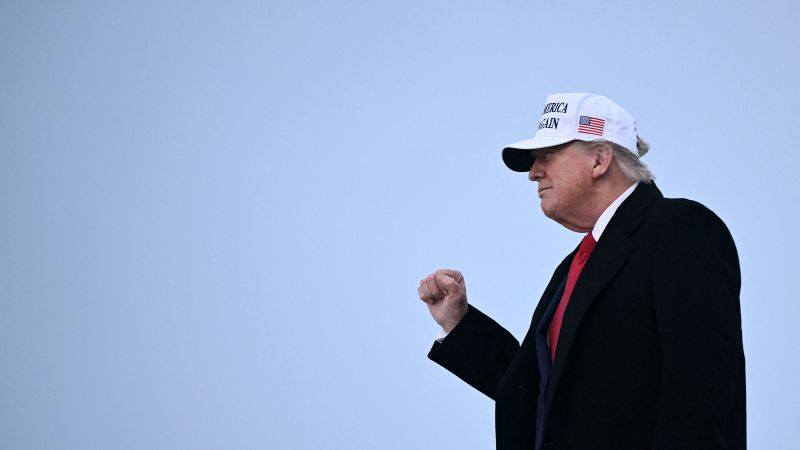President Donald Trump’s recent decision to delay a strike on Iran and opt for a two-week negotiating window has sparked urgent efforts to revive talks that had stalled during Israel’s recent bombing campaign. Trump and his advisors hope that Iran, facing Israeli attacks and missile losses, will soften its stance and agree to terms previously rejected, such as ending uranium enrichment. This delay allows Trump to weigh potential consequences and explore diplomatic solutions. However, initial attempts to restart talks faced obstacles, with proposed envoy visits not materializing.
European diplomats are engaging with Iran in Geneva, aiming to gauge Iran’s receptiveness to diplomacy amidst escalating tensions. Despite US pressure, Iran insists on halting talks until Israel’s operations cease. Trump’s shift towards diplomacy, amid military considerations, reflects a nuanced approach to avoid prolonged conflict. While Trump explores military options, concerns about long-term warfare persist.
Trump’s close engagement with top advisors, including CIA Director Ratcliffe and Gen. Caine, underscores his deliberative approach. Diplomatic efforts center on envoy Witkoff, who continues direct communication with Iranian counterparts. The US emphasizes the necessity of curbing Iranian uranium enrichment for a final deal. As allies seek clarity on US diplomatic efforts, limited guidance has led to frustrating discussions.
Secretary of State Rubio’s active involvement in diplomatic discussions highlights ongoing efforts to prevent Iran from acquiring nuclear weapons. With a two-week window for potential diplomacy, key stakeholders are intensifying efforts to navigate a precarious geopolitical situation. Despite mixed responses from Iran, diplomatic channels remain open as global leaders strive for a peaceful resolution.

